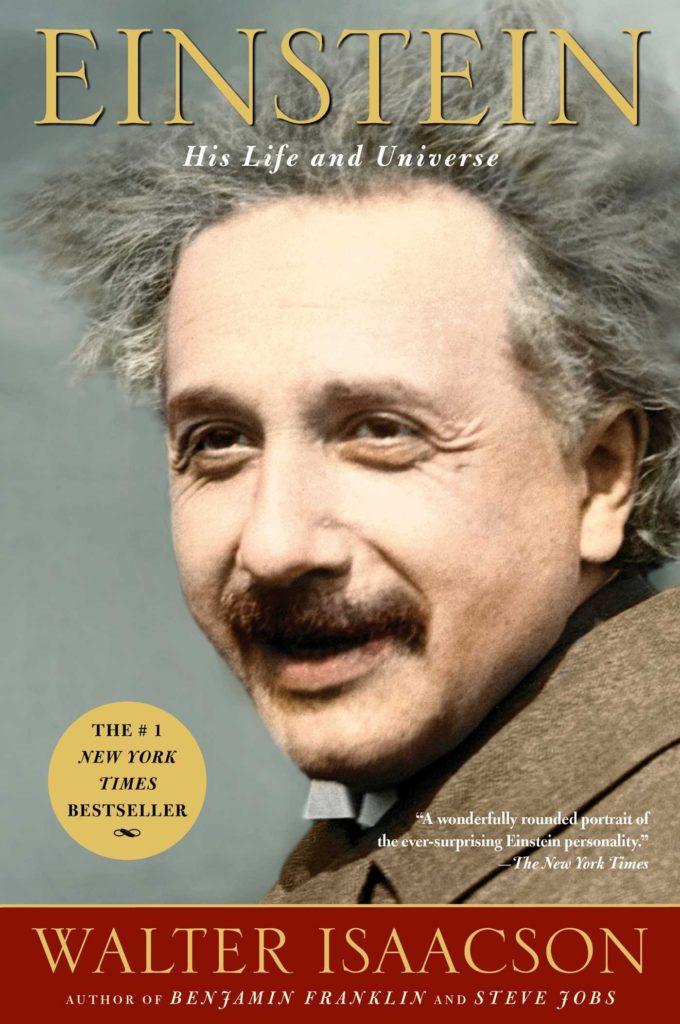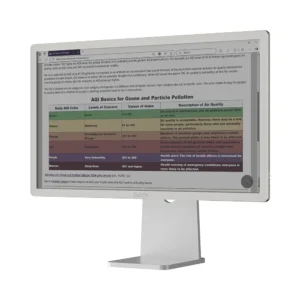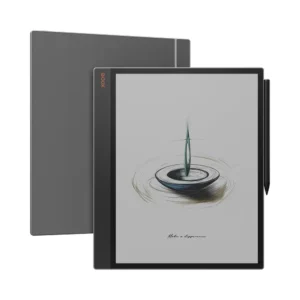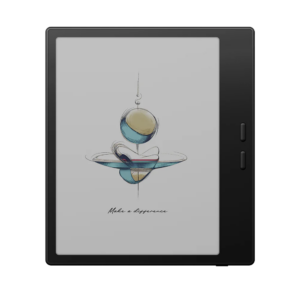Einstein was my childhood hero. He is still my hero.
From one thought experiment to another, he discovered one new law of physics after another. He fathomed the secret of the universe with his pure thoughts. It’s astounding and humbling to see how far this little human brain can go in terms of deciphering the secrets of universe.
Einstein is the epitome of human curiosity, creativity, intelligence and tenacity. Without him, physics last century will be very different: the discovery of Special Relativity and Quantum mechanics will be delayed, and the Allied might not be able to end the World War 2 with atomic bomb, which might change the course of the history.
And most certainly, we will not be able to get General Relativity until another genius comes along ( if at all), which means that we won’t be able to know the origin of the universe, the black holes and all the exotic astronomical objects. And without General Relativity we will not be able to navigate through the massic jams in Klang Valley because GPS apps depend critically on General Relativity.
I’ve read many of Einstein’s biographies since young, so a lot of his stories are already familiar to me. But recently I have the chance of picking up the book Einstein: his Life and Universe by Walter Isaacson. It’s welcoming to revisit Einstein’s stories now under a more experience pair of eyes, as now I have more social experience.

Contrary to many Einstein’s biographers, Walter Isaacson is not a scientist. So those who wish to see in depth discussion about Einstein’s physics theories will get disappointed. But Isaacson’s book offers us an understanding of Einstein as a human, which is far more valuable to general populace than cut and dry technical discussions. In the book you will not find a lot of equations describing his physics, but you will definitely find how Einstein developed his thinking, and I believe that he does have a thing or two to teach us about life.
Of course, so much of Einstein genius lied in his innate ability to think deeply and clearly, which a lot of us probably can’t hope to have because it’s all IQs. But there are other aspects that we can enumerate Einstein.
- His humor. Einstein had a loud, disarming laugh, that’s because he was humorous. Perhaps this is the only way to live by in tumultuous early 20th century as a German Jew. Being denounced for of his Jewishness and for his “Jewish physics”, facing the threat of assassination because of his anti-Nazi stand, and eventually had to leave Germany for good because of the rise of Hitler ( and lost everything there), it’s pretty hard for any normal human being to cope. Unless you can look at your own situation with a detached pair of eyes and laugh at yourself and your situation.
- His detachment to his own situation. One reason why Einstein was so good at deep thinking was because… he didn’t have facebook and instagram. Not only that, he can easily detach from his surrounding when he was working. In 1915 he was going through a difficult period personally: his marriage was falling apart, and the World War One was sweeping through Europe. However that was also his most creative year as he came up with General Relativity. He owed his achievement to his ability to compartmentalize and not let the worry spill over from one aspect of life to another.
- He maintained his childlike wonder throughout his life. “As a result of late development, I was only able to ponder upon the secrets of nature when my mental faculty was developed”. This is his response when he was asked the secrets of his success. A lot of us no longer curious when we grow up, and so we are no longer learning. World no longer seems beautiful because we no longer ask questions. But asking questions is the quickest way to learn, and to grow. Once we stop growing, we start dying
- Einstein did one thing, and one thing very well. He knew that his talent was in theoretical physics, and that’s why he devoted his life to it. In the age when we are asked to multitask, to “don’t put your eggs in all baskets”, in the age when one wants to see instant results, Einstein’s example is a reminder that to do one thing well, you really need to put in time, not only 10,000 hours, but 100,000 hours, or even 1,000,000 hours. Later in his life when he was offered the presidency of Israel, he declined:”I’ve little knowledge of the universe, even less so of the human nature”. Einstein did know his limit.
- Einstein can declutter well, especially in physics. A lot of physics students get lost of mathematical formalism, and concern themselves with irrelevant details. But not Einstein. Einstein’s strength lied in simplifying a physics phenomena to its bare essence and then applying the physics postulates on it and examining its outcome. His physical intuition is matched by none. In business and in life, can we declutter our situation to its bare essence and then apply the principles we hold dear? If we can do that, the moment we strip away all of the noises, we will find that we can suddenly make our decision easier.
- Special relativity was formed not by examining the experimental data, but forged when Einstein tried to resolve the conflict between Galilean mechanics and electromagnetism. Again, General Relativity was not built in order to explain the Mercury perihelion precession but because Einstein wanted to merge Special Relativity with Newtonian gravity. In both cases, Einstein wasn’t deciding that he wanted to revolutionize physics and therefore had to come up with a theory to conquer the world. He saw the pain points of contemporary physics and offered solutions. His revolutionary theories and fame was a by product solving pain points, not vice versa. This should be the way we do business as well–any business attempt should be a direct response of a user problem. “A solution looking for a problem” approach is almost certainly always going to fail.
- Admit mistakes freely. Einstein was freely admitting his mistakes, and eager to apologize for his shortcoming. He called his cosmological constant “his biggest blunder” ( even though this “blunder” is still a lot more helpful to the development of astronomy and physics than a lot correct theories); in personal correspondence, he quickly apologized when he said something wrong, and he was quick to admit that he couldn’t make a good president because he didn’t understand human enough. His humility is a hallmark of a strong mind, for a lot of people cling to their mistakes because they needed to remain always correct. Admitting a mistake liberates you from it, and enables you to cut losses and move forward.
- Think independently. Einstein was an independent thinker. He was allergic to rote memorization and mindless obeying command since young. Being able to think independently, unencumbered by current dogmas allowed him to discard old preconception and come out with revolutionary ideas. Who dared to suggest that space and time was not absolute? You need to be pretty bold in discarding the concept of absolute space time.
- Test your theory! Thinking out of box is just one half of the creativity equation. The other half is to keep yourself grounded and test your ideas whenever possible. Einstein often offered ways to test his new theory in his physics papers, thereby ensuring that his theory was not just castle in the air( sadly a lot of recent development in high energy physics went into a completely different direction). It’s good that you have a wonderful business idea, but the immediate question is, how are you going to test it?
I used to read self-help books, but now no longer reading them, because I found them quite repetitive and boring. But now I found reading biographies is a better way to self-improve, because you can see how those self-help principles work in practice. A good biography really makes you think, and although you might not be able to replicate whatever success your hero had, but you will be able to abstract out useful principles and apply them on your life. This is the value of a biography.





